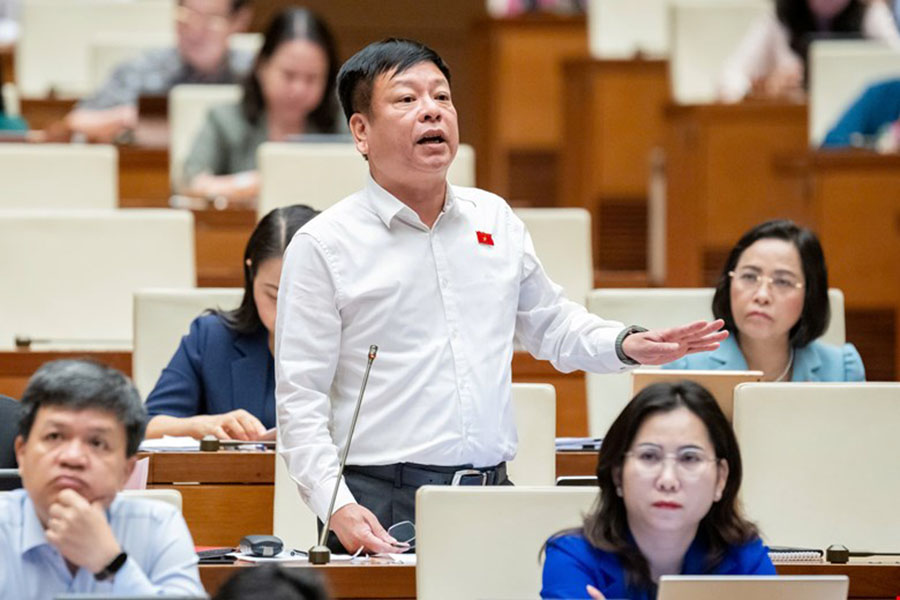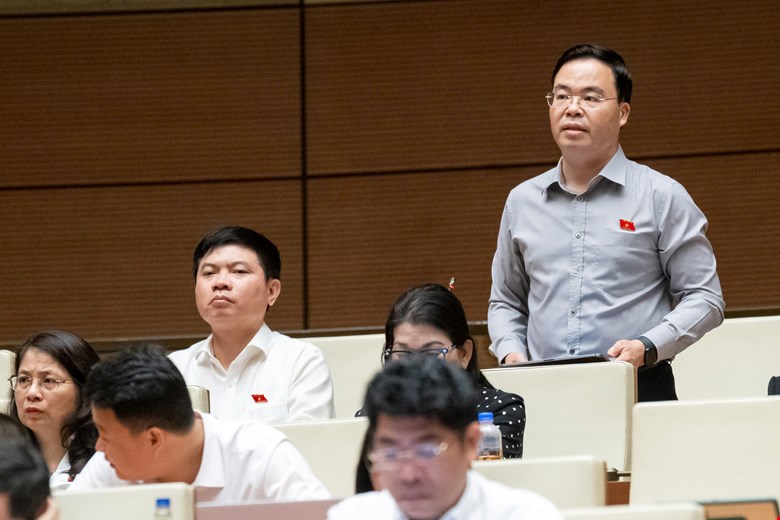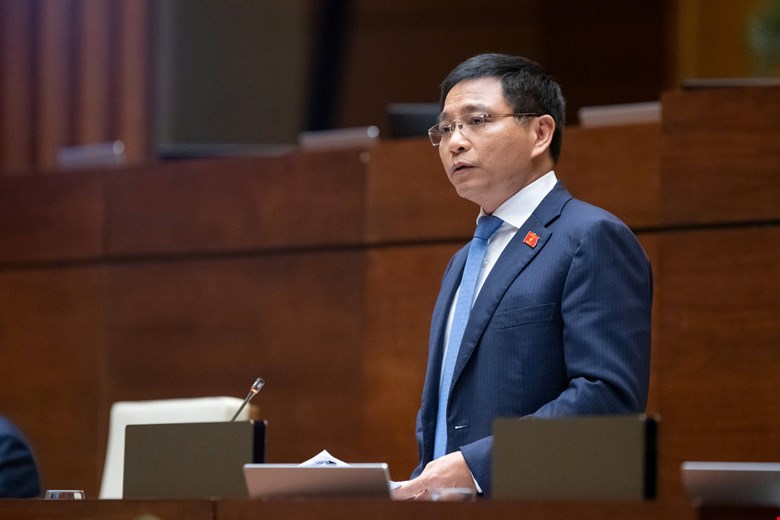Continuing the 9th Session, on May 9, the National Assembly listened to Member of the National Assembly Standing Committee (NASC) Phan Van Mai present the Report on explanation, acceptance, and revision of the draft Law on Special Consumption Tax (SCT).
Immediately afterwards, the National Assembly discussed in the hall the above draft Law.
Regarding the taxable subject of air conditioners, according to the Standing Committee of the National Assembly, the need to use air conditioners has become popular to meet the needs of the people.
Therefore, taking into account the opinions of National Assembly deputies, the Standing Committee of the National Assembly agreed with the Government's proposal to revise the draft Law in the direction of regulating air conditioners with a capacity of over 18,000 BTU to over 90,000 BTU subject to special consumption tax (no tax is collected for air conditioners with a capacity of less than 18,000 BTU and over 90,000 BTU).
Discussing in the hall, delegate Nguyen Truong Giang - Member of the National Assembly of Dak Nong province said that it is necessary to increase the capacity to 24,000 BTU for air conditioners subject to special consumption tax.
According to delegate Giang, through consulting with refrigeration engineers, delegates learned that currently in urban areas, an apartment with 3 rooms, if installed with a air conditioner with a capacity of 24,000 BTU for all 3 rooms, will both save electricity and save costs for people.
"Therefore, I propose to increase it, which is air conditioners with a capacity of over 24,000 BTU to 90,000 BTU subject to special consumption tax," said delegate Truong Giang.

Delegate Duong Khac Mai - Member of the National Assembly of Dak Nong province said that in the context of the increasingly hot climate as it is now, the delegate welcomed the drafting agency's regulation not to apply special consumption tax to air conditioners with a capacity of 18,000 BTU or less and over 90,000 BTU.
However, delegate Mai said that the above air conditioning capacity is only suitable for the needs of individual rooms and households, but cannot meet the needs of large, crowded rooms, such as classrooms and collective health rooms in hospitals. These are special subjects that need to be prioritized for use.
Therefore, delegate Duong Khac Mai proposed to consider considering the idea of applying air conditioners with a capacity of over 18,000 BTU to 90,000 BTU as the subject of special consumption tax.
Delegate Tran Van Khai - Member of the National Assembly of Ha Nam province said that imposing a tax on air conditioners as submitted by the National Assembly Standing Committee is unreasonable, because this item is essential.
According to delegate Khai, if tax is not applied to this item, people, especially poor workers, workers in industrial parks... will reduce living expenses, and their health will be better protected in harsh weather.
"I propose to remove civil air conditioners from the subject of special consumption tax, reasonable tax policies with air conditioners that both demonstrate the spirit of humanity and are in line with the trend of using energy-saving and environmental protection equipment," delegate Tran Van Khai commented.

Representatives of the submitting agency and the agency in charge of the review to coordinate in explaining and clarifying a number of issues raised by National Assembly deputies, Minister of Finance Nguyen Van Thang respectfully thanked the National Assembly deputies for their comments.
Regarding the application of special consumption tax on air conditioners over 18,000 BTU to 90,000 BTU, the Minister of Finance said that there are currently a few countries that have taxed to save energy, related to refrigerants related to environmental pollution.
According to the Minister, this item was previously taxed. At today's discussion session, many delegates proposed to increase capacity. Therefore, the drafting agency will receive and increase this capacity to over 24,000 BTU to under 90,000 BTU to be subject to tax.

Minister Nguyen Van Thang also cited the Prime Minister's regulation in 2024 requiring that by 2045, no production, no import of household air conditioners, and cluster air conditioners using HCFC and HFC - heating substances affecting the ozone layer will be limited. This shows that the application of special consumption tax on air conditioners needs further attention.











